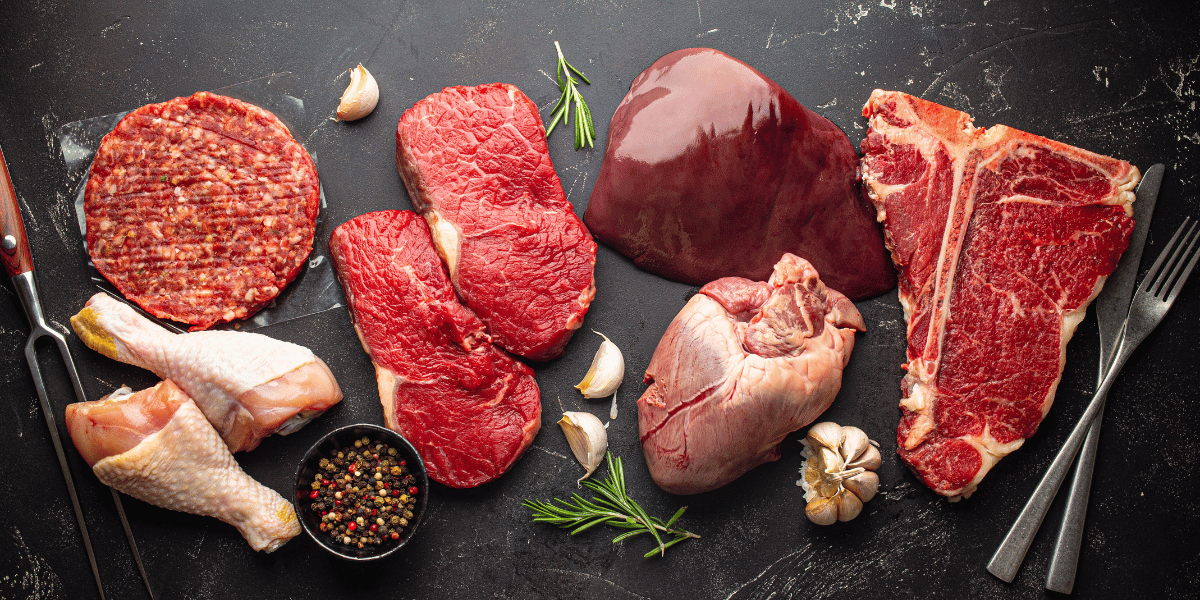How Stark Naked Competitors Get So Shredded
There have been so many incredible transformations over the years that we’ve been doing the Stark Naked competition, but most people only see the...
.png?width=70&height=70&name=Stark_LogoMark%20(1).png)

Fat loss is a common goal for many people, with the ultimate aim of improving health and achieving those special occasion goals. Understanding weight loss versus weight gain is simple: burn more calories than you take in for weight loss, or consume more calories than you burn for weight gain. But how long does it take to reach that milestone? Avoid setting unrealistic expectations for yourself by first learning about what influences a healthy rate of fat loss progress!
Weight loss is a unique journey for everyone. The amount of weight you're looking to shed depends not only on your goals but also the body composition and mass that you start with – it can even impact how quickly results appear! A smaller individual may see similar percentage-wise changes as someone heavier will experience in pounds; however, the physical differences between what those numbers look like could be drastic. If a person weighing 300 pounds loses 10 pounds and another person weighing 150 pounds loses 5 pounds, they both lost 3% of their body weight, even if the overall pounds are different.
Creating a calorie deficit (when you consume less than you burn) is key, but it's important to find the right balance! Consume fewer calories than usual - aiming for about 500 less per day over 8 weeks will give maximum weight loss success. Just remember more isn’t always better, as eating drastically under your caloric needs put you at risk for nutritionally deficiencies as well as possible weight gain if your body goes into starvation mode. Aim for small, consistent changes so you can build sustainable habits and prevent gaining the weight back later down the line.
Who knew that such a small daily change could have major implications for weight loss? Getting the recommended 8 hours of sleep per night is vital for your physical health, as it can dramatically increase your chances of dropping unwanted pounds. In fact, it has been shown that those who get 5.5 or fewer hours of sleep are prone to burning less body fat and more lean muscle mass than their well-rested counterparts! Poor sleep has also been linked to chronic conditions like diabetes and heart disease. If you value both wellness AND reaching physique goals, getting ample rest should be at the top of your list!
If you're looking to achieve lasting weight loss, go slow and steady! Generally speaking, we recommend losing 1-3 pounds or about 1% of your body weight per week. Remember that progress won't always be linear, and some weeks might be more successful than others. Monitoring yourself regularly with food tracking as well as weighing in can help you stay on track, plus it’s proven to be one of the most reliable ways to reach your goals over time! Of course there are some conditions or circumstances that can complicate weight loss further- if you are struggling on your own or need some expert advice, the team at Stark is always here to help!

There have been so many incredible transformations over the years that we’ve been doing the Stark Naked competition, but most people only see the...

When it comes to cardio workouts, there are generally two camps of thinking: one is that cardio training will make you lose your hard earned “gains”,...

Protein is an essential nutrient that supports the body by building and repairing tissues, producing enzymes and hormones, and maintaining immune...